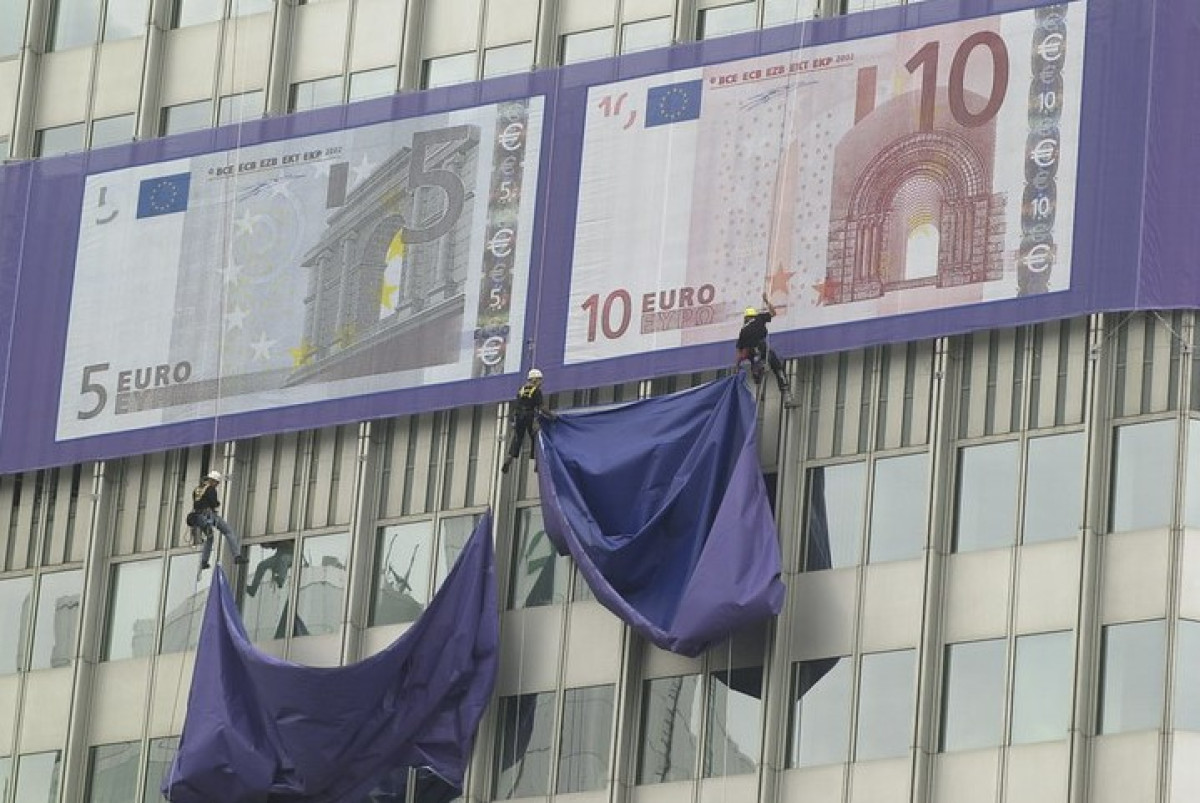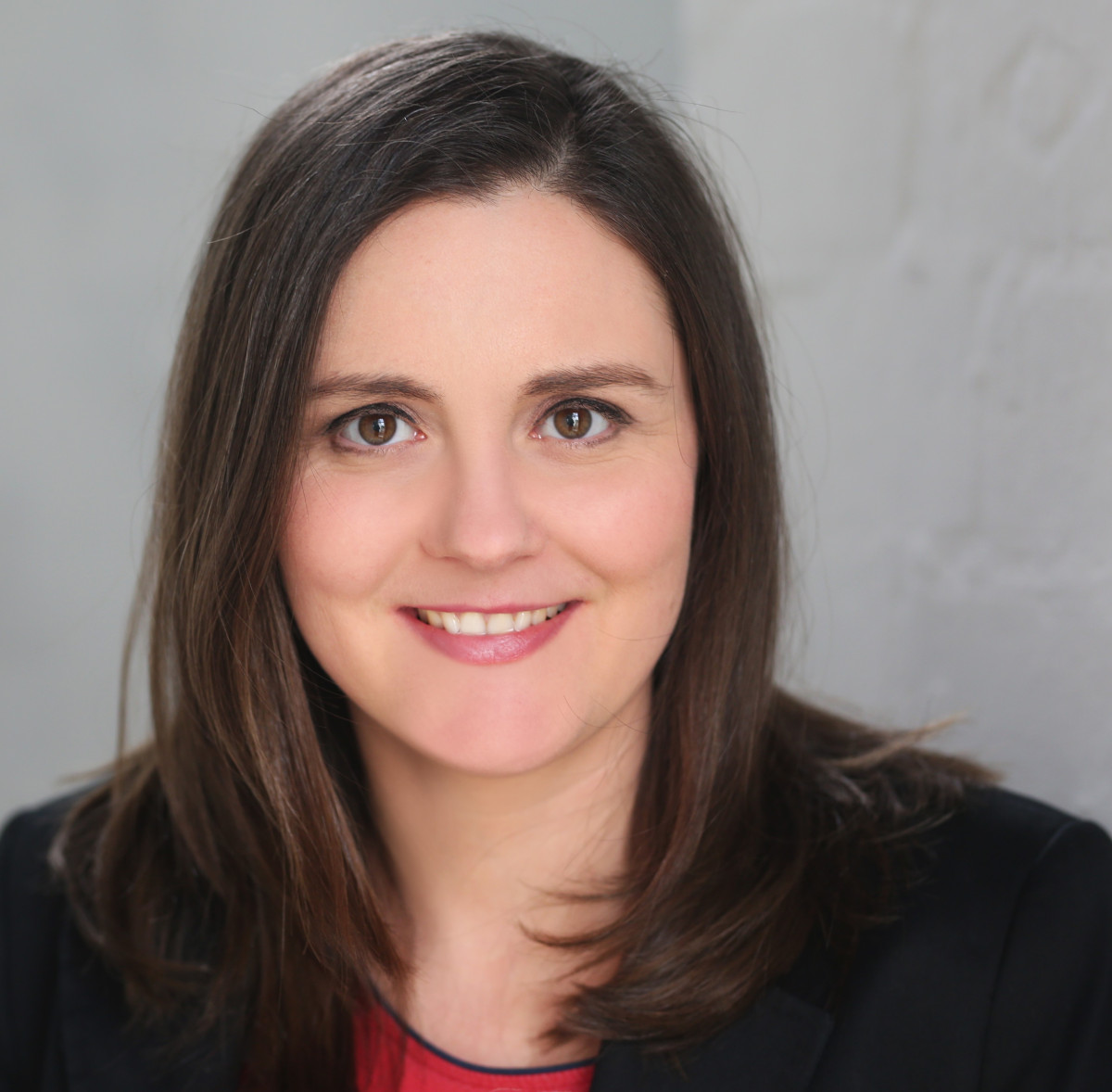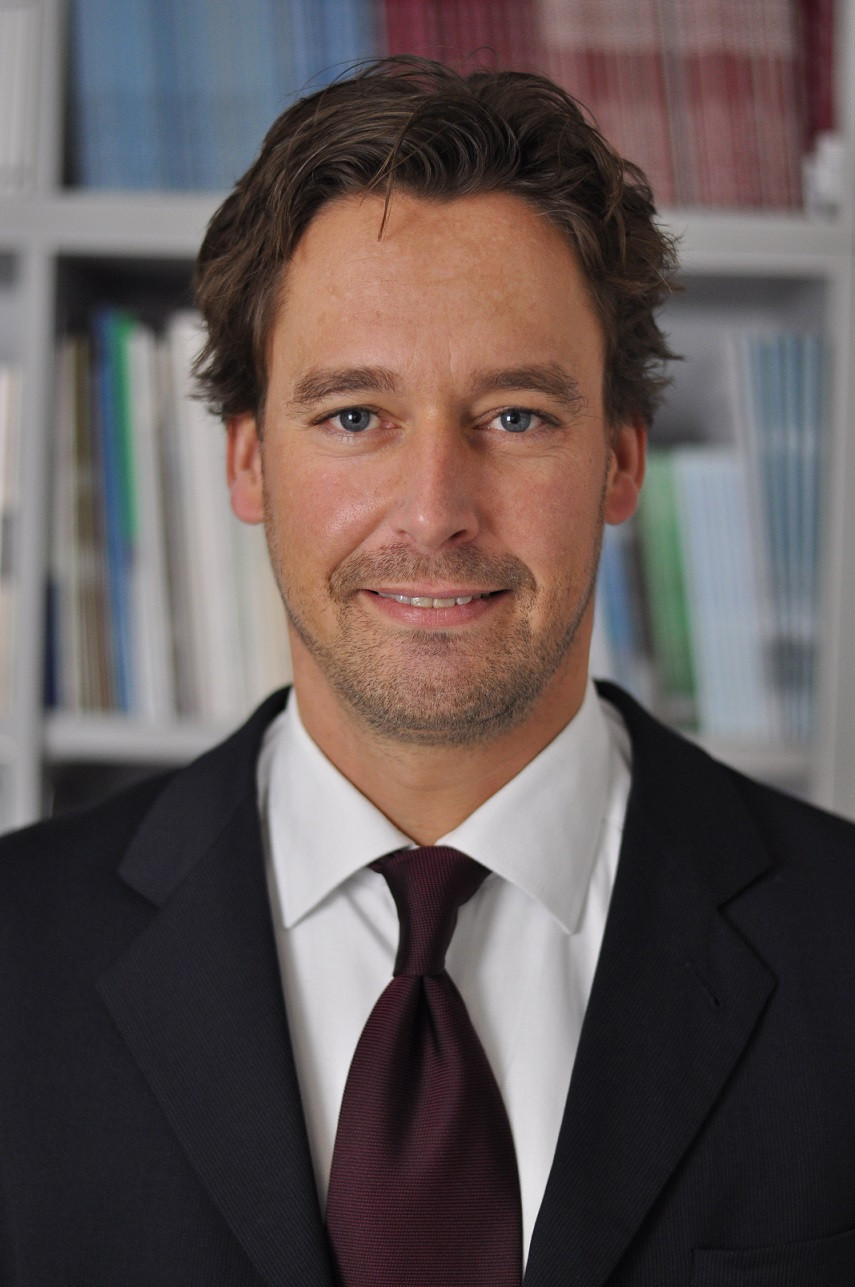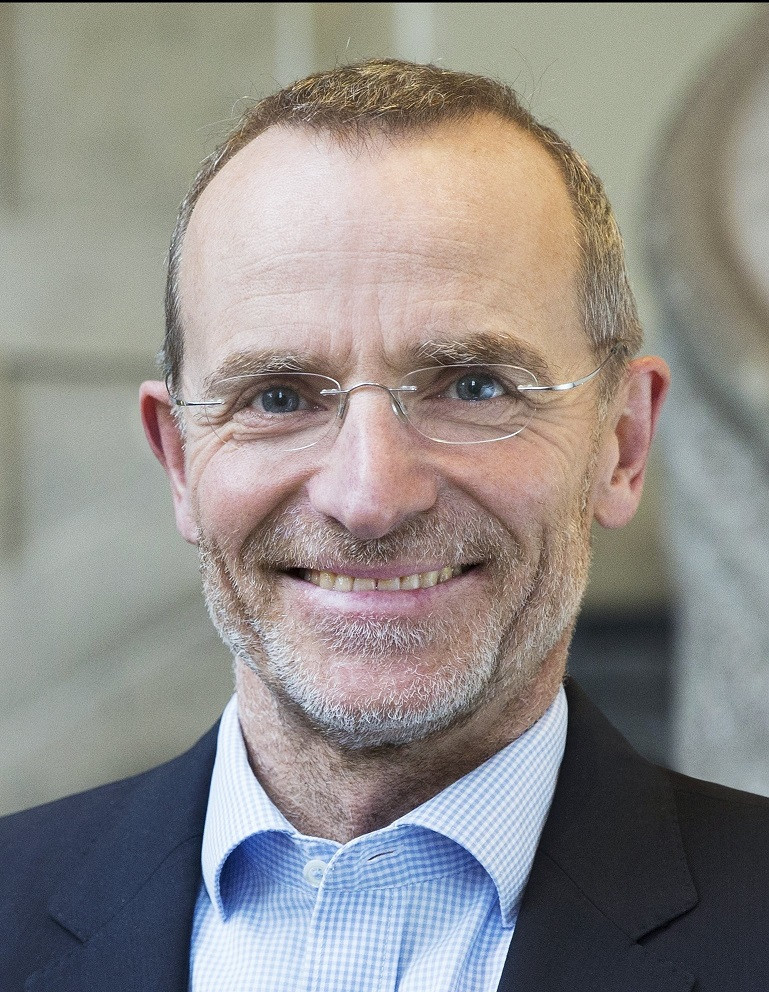Can companies save the planet? Sustainable investment between greenwashing and real impact
The narrative of climate action’s impact on the economy has been turned upside down in recent years, as a growing number of companies see environmental credentials as an asset and a vehicle to attract investors that are looking for sustainable options to put their money into. As advertisement billboards and product brochures become awash in climate claims and sustainability labels, guidance by journalists on how to differentiate between legitimate efforts and mere greenwashing of business practices is needed more than ever. To fulfil this role, journalists must equip themselves with the necessary tools for unpicking climate claims in finance and understanding how developments in the abstract world of banking and investment eventually translate into concrete emissions reduction – or not.
At the 3rd installment of a joint online event series by the German Sustainable Finance Research Platform and Clean Energy Wire, we aim to provide some of this equipment to reporters who are keen on exposing false claims and giving credit to honest corporate climate action when it is deserved. Verena von Ondarza, a reporter for German public broadcaster NDR who spent an entire year piecing together the status quo of sustainable finance journalism, together with two leading academics in the field, Alexander Bassen and Timo Busch from the University of Hamburg, will share their expertise on the practical and theoretical tools for making sense of this complex topic. Journalists attending our session will learn about:
- The DWS story – how German media portrays one of the first sustainability lawsuits in the financial sector
- Common misconceptions about greenwashing and their consequences
- The true impact of impact investments and how it can be measured
- Why mandatory sustainability reporting could become a tipping point for climate action
- What the EU plans to do against greenwashing risks
AGENDA
| 16.00 - 16.10 |
Welcome and opening words By Benjamin Wehrmann, Clean Energy Wire |
| 16.10 - 16.30 |
Reporting on Sustainable Finance – Understanding market mechanisms and detecting greenwashing By Verena von Ondarza, German public broadcaster NDR and Sustainable Finance Journalism Fellow at Stiftung Mercator Key points: - Case Study: How German Media report on Sustainable Finance Products and Greenwashing - Great Expectations on the impact of Sustainable Finance and how common misunderstandings may produce greenwashing allegations - Baseline for detecting real greenwashing Followed by Q&A |
| 16.30 - 16.50 |
Identifying real impact - how the financial sector could play a substantial role in fostering sustainability in the non-financial sector By Timo Busch, Professor of management & sustainability at the University of Hamburg; scientific advisor on climate for the German government Key points: - Study on real impact of impact funds - How do these insights affect our understanding of the financial sector‘s impact on real world problems? - How to distinguish different types of impact? Followed by Q&A |
| 16.50 - 17.10 |
The case for transparency: Why all companies should care about sustainability reporting & how this could increase the financial sector's impact By Alexander Bassen, Professor of capital markets and management at the University of Hamburg; co-developer of EU's Sustainability Reporting Standards Key points: - Why upscaling impact needs a broader base of sustainability information - The concept of double materiality - At a turning point: mandatory sustainability reporting is on the rise Followed by Q&A |
| 17.10 - 17.25 | Open debate & question time |
| 17.25 - 17.30 | Conclusion and outlook |
SPEAKERS
Verena von Ondarza is Fellow of Stiftung Mercator for Sustainable Finance in Journalism. As freelance reporter she works for German Public Broadcasting ARD (television) and NDR info (radio) and tagesschau.de. She is observing the development of the surging market for sustainable finance products including regulatory loopholes, discussions on Greenwashing and and real impact. Verena von Ondarza has studied economics at Humboldt University and the University of Hamburg.
Prof. Dr. Timo Busch is professor for business administration at University of Hamburg and senior fellow at the Center for Sustainable Finance and Private Wealth of University of Zurich. Before he worked for ETH Zürich and the Wuppertal Institute. He is member of the steering committee on the Science Platform Climate Protection advising the German government as well as member of the editorial board of the journals Organization & Environment, Journal of Business Ethics, and Business Strategy and the Environment.
Prof. Dr. Alexander Bassen is a full professor of capital markets and management at the University of Hamburg. He teaches courses in financeand investment, ESG and capital markets and reporting. Alex is a member of the German Council for Sustainable Development – advisory body of the German Federal Government, the Sustainable Finance Advisory Council of the German Federal Government, the German Advisory Council on Global Change of the German Federal Government, and the EFRAG Project Task Force EU Sustainability Reporting Standard (PTF ESRS). He is an Honorary Research Associate at the University of Oxford (Smith School of Enterprise and the Environment) and a Visiting Professor at the Hong Kong Baptist University.





